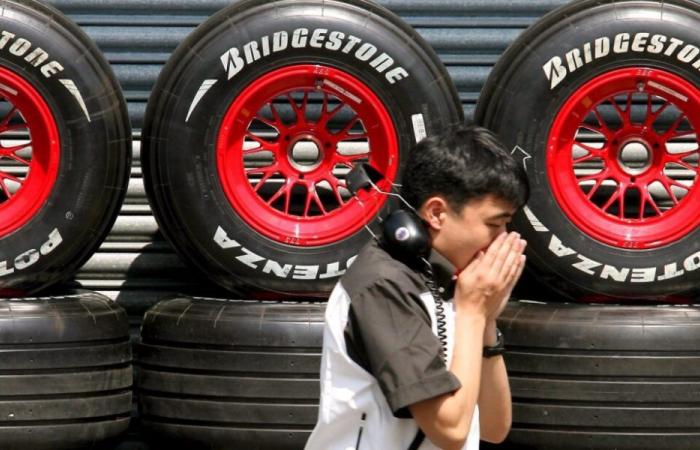The 29th UN climate conference opened Monday in Azerbaijan with a call for global cooperation, six days after the re-election of Donald Trump. This comes at a time when hundreds of billions of dollars in aid are being demanded by developing countries.
“It is time to show that global cooperation is not at a standstill. It is rising to the moment,” said UN Climate boss Simon Stiell at the opening of the huge conference in Baku. on the shores of the Caspian Sea, without ever mentioning the country whose name is on everyone’s lips here: the United States.
The main issue of this COP, which will last until November 22, is to set the amount of climate aid from developed states for developing countries so that they develop without coal or oil, and can face more heatwaves and floods. Today at 116 billion dollars per year (in 2022), the new commitment must amount to thousands of billions annually, demand the poor countries.
Unrealistic order of magnitude
But Westerners consider this order of magnitude unrealistic for their public finances.
COP29 President Mukhtar Babaev spoke of “hundreds of billions” in his opening speech on Monday, but no negotiator revealed his cards. Delegates negotiated until 4 a.m. on the night of Sunday to Monday.
“Moment of truth”
“COP29 is a moment of truth for the Paris agreement,” said Mr. Babaev, Azerbaijani Minister of Ecology, and former executive of the national oil company, Socar.
Around 51,000 participants are accredited, according to the UN Climate, fewer than at the extravagant COP28 in Dubai last year. Many NGOs criticize the holding of the conference in a country which celebrates oil as a “gift from God”, and where the authorities have arrested and are prosecuting several environmental activists.
It will only take one signature for Donald Trump, when he enters the White House on January 20, to join Iran, Yemen and Libya outside the agreement adopted in Paris in 2015 by countries around the world. This agreement is the driving force that has made it possible to reverse the trajectory of global warming over the past ten years to around 3°C or less by 2100, according to calculations.
The text commits the world to limiting warming to 2°C and continuing efforts to contain it to 1.5°C, compared to the end of the 19th century. The year 2024, torrential for many countries, will almost certainly be at this level. If this continues in the long term, the climatic limit would be considered to have been reached.
Lots of absentees
The Europeans swear that they will redouble their efforts to compensate for the American withdrawal, but few will go to Baku. Neither Emmanuel Macron nor Olaf Scholz will participate in the summit of around a hundred leaders on Tuesday and Wednesday. Only a handful of G20 leaders will attend. The Brazilian Lula, host of COP30 next year, is also absent.
For Switzerland, Minister of the Environment and Energy Albert Rösti will be present in the second part of the conference.
“Everyone knows that these negotiations will not be simple,” said German Foreign Minister Annalena Baerbock.
Uganda’s Adonia Ayebare, president of a negotiating bloc called G77+China, which brings together developing countries, warns that the two-week negotiations will be difficult. “As soon as we talk about money, everyone shows themselves in their true light,” the diplomat confides to AFP.
China: no question of paying
This money, the vast majority of which is loans, makes it possible to build solar power plants, improve irrigation, build dikes or help farmers deal with droughts.
“We must (…) abandon the idea that climate finance is charity. An ambitious new climate finance target is in the interest of every nation, including including the biggest and richest,” said Simon Stiell.
But the mood in rich countries is one of austerity (in Europe) or international disengagement (in the United States). Many are calling for China and the Gulf countries to contribute more.
To which the Chinese negotiator replied that there was no question of “renegotiating” the UN texts, which clearly stipulate that only developed countries, according to an old UN definition, have the obligation to pay.
This article was automatically published. Sources: ats / afp






